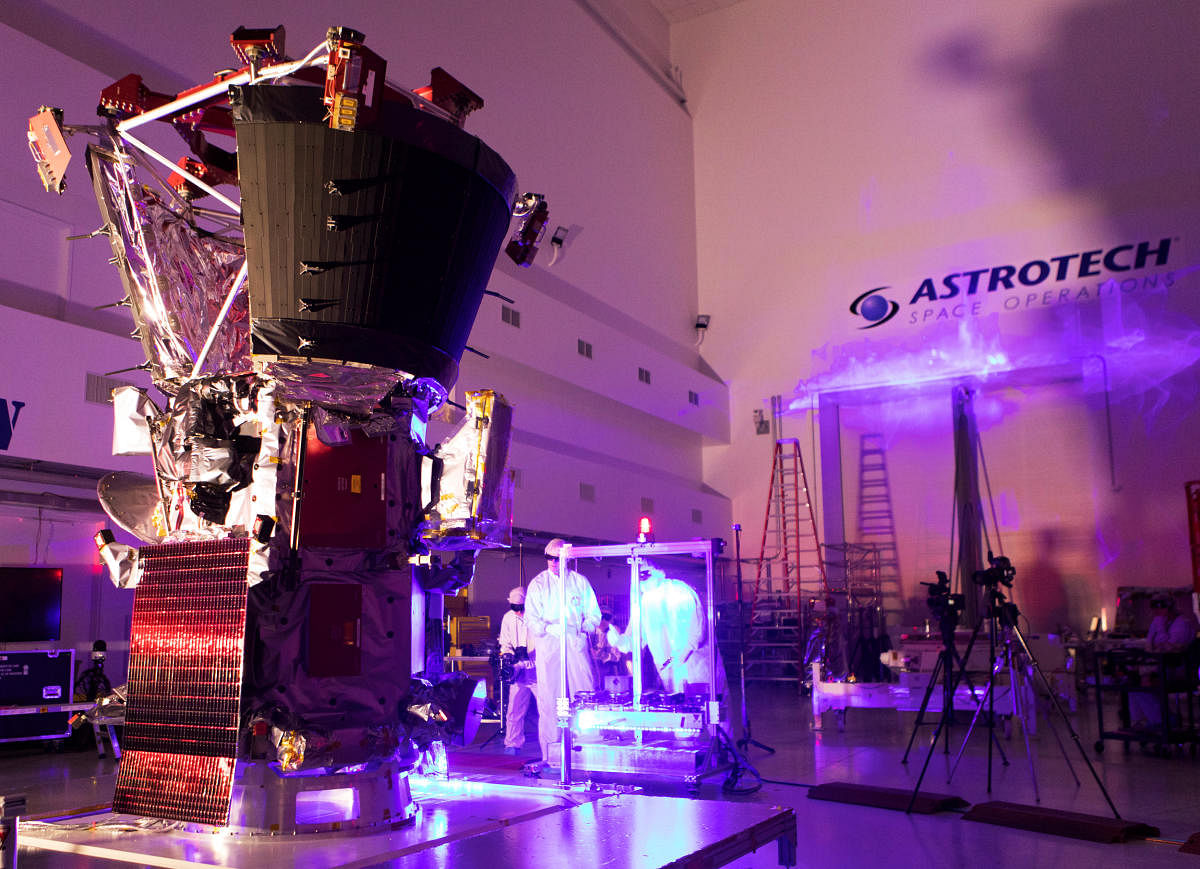
The National Aeronautics and Space Administration (NASA) is on schedule to launch mankind’s first mission to the Sun - a car-sized probe that will swoop to within 4 million miles (6,437,376 km) of the solar surface, facing heat and radiation like no spacecraft before.
The Parker Solar Probe, which is expected to take off no earlier than August 6 aboard United Launch Alliance Delta IV Heavy, will study the Sun closer than any human-made object ever has.
“We’ve been studying the Sun for decades, and now we’re finally going to go where the action is,” said Alex Young, associate director for science in the Heliophysics Science Division at Nasa’s Goddard Space Flight Centre in the US. Our Sun is far more complex than meets the eye. Rather than the steady, unchanging disk it seems to human eyes, the Sun is a dynamic and magnetically active star. The Sun’s atmosphere constantly sends magnetised material outward, enveloping our solar system far beyond the orbit of Pluto and influencing every world along the way.
The Parker Solar Probe carries a lineup of instruments to study the Sun both remotely and in situ, or directly. Together, the data from these instruments should help scientists answer three foundational questions about our star.
A Sun-skimming mission like Parker Solar Probe has been a dream of scientists for decades.
Deccan Herald is on WhatsApp Channels| Join now for Breaking News & Editor's Picks